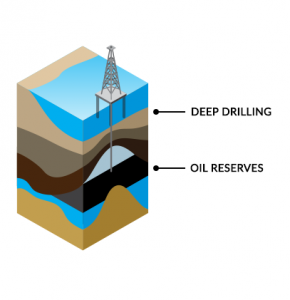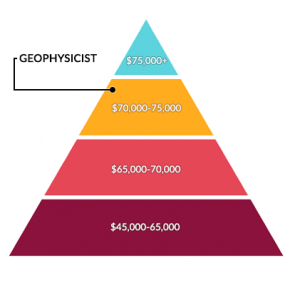All Categories
Featured
Table of Contents
Geophysical Survey Services in Millendon Oz 2020
This work is significantly contracted out, so consultancies offer another source of work. Consultancy companies vary in size, from really small business to large multinationals. Some consultancies are rather specialised in using particular geophysical methods or working in specific locations, while others offer a more varied variety of services to their customers.
The extraction of gas from garbage dump websites is another area of work and this might grow in the future. Expedition companies might carry out work for building firms, public utility, mining business and environmental companies, so geophysicists might be employed in any of these settings. Other employers include: geological surveysgovernment bodies and agenciesuniversities and research institutes.


Vacancies may be noted in the oil and gas sector press. Recruitment is impacted by oil rate changes and the level of competitors for positions differs depending on this. Careers Days, which cover the complete range of geoscience professions and are typically gone to by a number of essential market companies, are run by The Geological Society.
Consumer Guide To Geological And Geophysical Services ... in Mindarie Oz 2020
A few of the large oil and gas companies provide a full two-year structured training programme across the breadth of geophysics, consisting of the chance to experience work in numerous groups before specialising in one location. Your training might include deal with: existing wellsmagnetic and gravitational prospective field data analysisresearchrock analysis. It's more normal for your preliminary training to be provided on the job.

There might be a probationary period during which you work along with an experienced colleague. Competency-based appraisals take location frequently in the majority of firms. In smaller sized companies, and for academic posts, there is not likely to be any official training - you'll be expected to start work straightaway and get abilities as you go along.
If you work for a smaller sized company, you might discover that you need to take responsibility for organizing and moneying your own advancement and training. If you have a geology degree, subscription of The Geological Society can be helpful for networking and for keeping up to date with the market.
What Does A Geophysicist Do? Role & Responsibilities in Kiara Western Australia 2022
You may also discover it beneficial to join the PESGB (The Petroleum Exploration Society of Great Britain, which has a geophysics unique interest group. After a probationary duration, and as soon as you have actually acquired some experience, you could advance to senior geophysicist, then team leader and after that into a senior role in management.
The ease of motion between functions depends upon the business structure. Research study at Masters or Ph, D level in a subject associated to geophysics or geosciences may aid with your profession development and progression. The work market within the oil and gas industry is extremely reliant on rate and this might impact your opportunities for career progression.
Not all jobs are reliant on the oil and gas industries. For knowledgeable geophysicists, freelance consultancy provides a great path for profession development. You can also specialise in a particular location of geophysics. As a geophysicist, you're likely to have a number of jobs throughout your working life. International movement is vital for dealing with peaks and troughs in different nations at various times.
Geophysical Method - An Overview in Oakford Oz 2021
From geophysics, it's possible to focus on seismology (finishing further training to end up being a seismic interpreter) or to move into related locations such as engineering geology or threat forecast.
Choosing what to study in college is a hard option. Even if you know that your field of interest depends on science, what program of research study is best for you? If you make the choice to major in physical and biological sciences and pursue a career as a geophysicist, you're getting ready for an amazing and lucrative profession.
The very first action to accomplishing your goal of becoming a geophysicist is earning a degree. Even for entry-level positions in the field of geoscience, you'll require a bachelor's degree (a geophysicist college degree) from a certified college or university. Some research positions require candidates to hold master's degrees or perhaps Ph.
How To Become A Geophysicist in Beldon Aus 2020
Doctoral degrees are specifically important if you plan to teach at a four-year institution. Geophysicists use physics concepts and methods to study the gravitational, magnetic, and electric fields of the earth. This enhances researchers' knowledge of both the world's interior core and its surface. Geophysicists need to have the ability to: analyze rocks, pictures, and other pieces of information perform research study both in the field and in labs produce maps and charts of their findings compose reports To achieve all this, trainees need a specialized education for geophysicist careers.
As mentioned above, you'll require a bachelor's degree in geoscience or an associated discipline, such as a physical science or a life sciences, to land an entry-level job. Students can likewise prepare by majoring in subjects like: Biology Chemistry Computer system science Engineering Mathematics Physics The above geophysicist majors provide a more generalized method to a single clinical discipline, but most programs need students to take one or more geology course.
Latest Posts
How To Become A Geophysicist in Dalkeith WA 2022
What Is The Best Degree Path For Becoming A Geophysicist? in Floreat WA 2023
Marine Geology And Geophysics in Rivervale Western Australia 2022